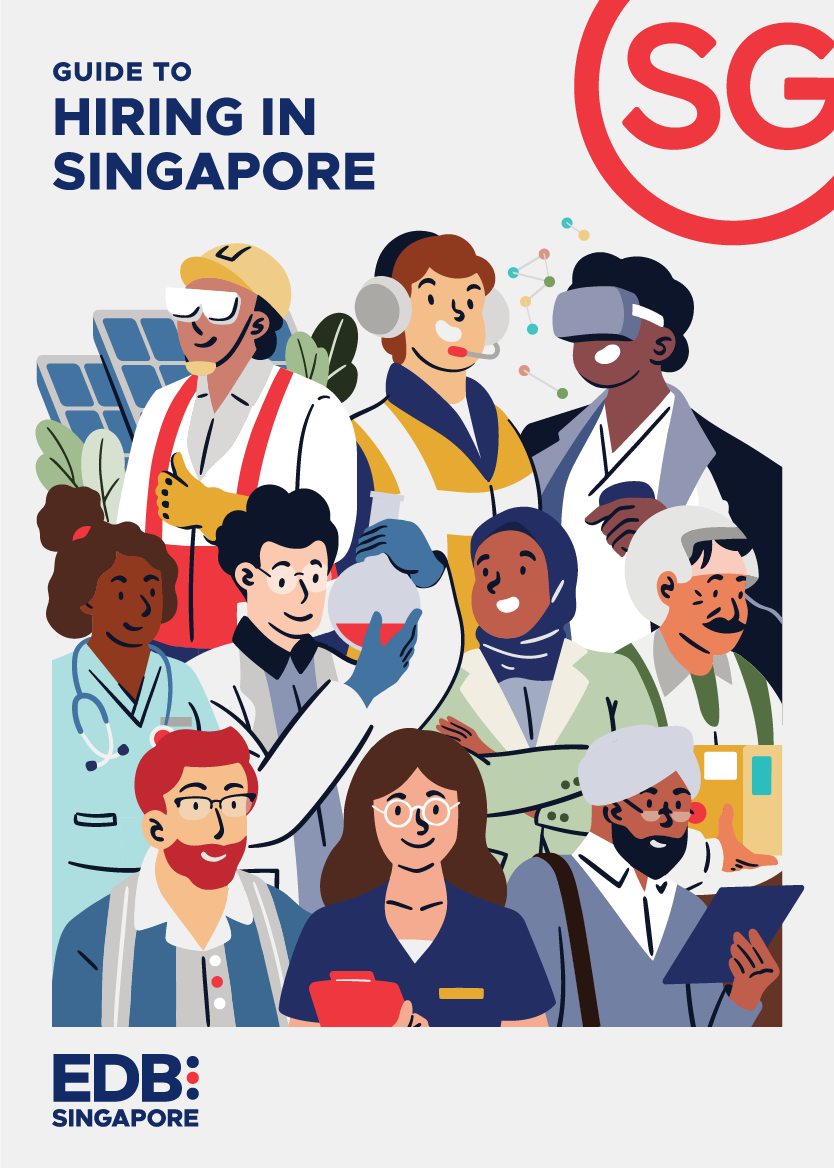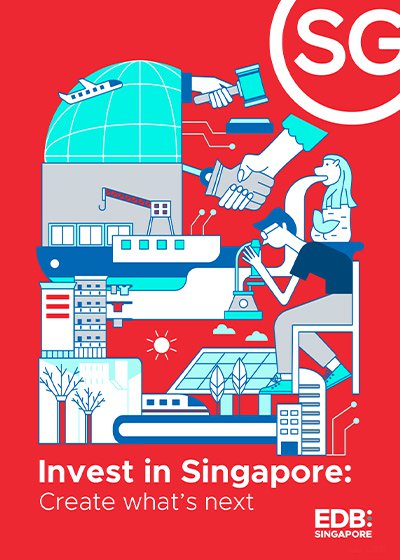Dyson will invest $1.5 billion in Singapore in the next four years and expand its R&D team by more than 250 engineers and scientists, the home appliance giant said on Friday (March 25) as it officially moved into its new global headquarters at the historic St James Power Station facility in the HarbourFront area.
Speaking at the opening ceremony, Prime Minister Lee Hsien Loong said this would open up exciting job opportunities for workers here, and develop new products for the global market.
He noted that as a small country, there are limits to what Singapore can do to influence global forces such as intensifying competition for investments, growing geopolitical tensions and the on-shoring of supply chains.
But it can and must adapt to them to stay competitive and to continue growing its economy, he added.
Singapore will also ensure that such growth is inclusive and benefits all segments of society, Mr Lee pledged.
Addressing an audience including Dyson founder Sir James Dyson, PM Lee said Singapore must remain open and connected to the world, not just in its borders and trade links but also in the character of its people.
"The ethos of our society must remain open - welcoming new ideas and talent, always learning from others, and never becoming resistant to change or complacent about the need to stay ahead," he said.
"This is how we have built Singapore: drawing in the best scientists, designers, and engineers from around the world, embracing the diversity of ideas and cultures that congregate here, and adding our own Singaporean touch to make it work for our context."
This is not easy to sustain in an environment where there is every temptation, especially politically, to raise barriers to the outside world, to non-Singaporeans coming here to work, he noted.
"But if we succumb to the temptation to close our doors, we will surely end up hurting ourselves. Our economy will stagnate, Singaporeans will have fewer rather than more job opportunities, and the country’s long-term prospects will be endangered," he said.








